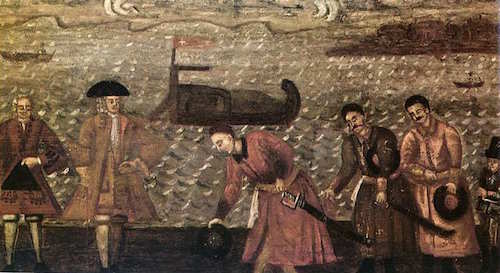
Why are we so crazy about bitcoin?
An extract from Ann Pettifor's The Production of Money, examining the inner workings and the value of bitcoin.

An extract from Ann Pettifor's The Production of Money, examining the inner workings and the value of bitcoin.
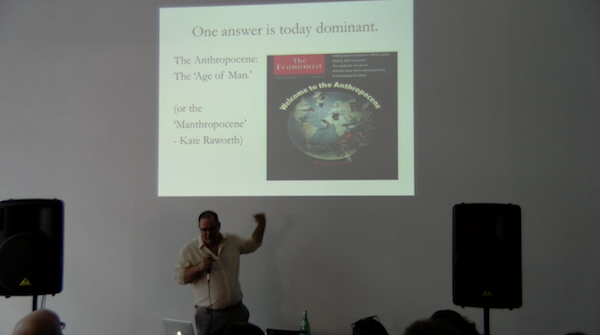
Charting the development of capitalism as a “world-ecology,” understood as a system of power, capital, and nature, Moore shows how the planetary crisis today cannot be adequately understood as a conflict of “humans” and “nature.”
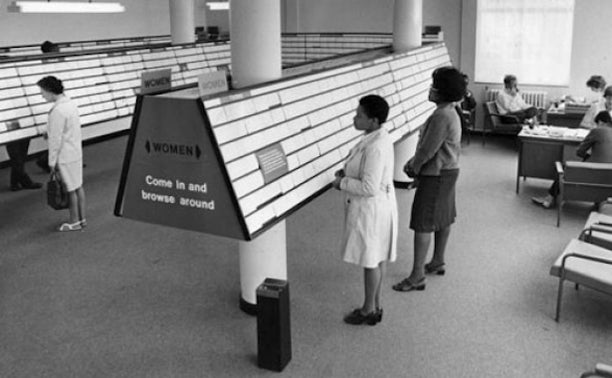
Gail Lewis's classic essay on the position of black women in the British economy, from Inside Babylon: The Caribbean Diaspora in Britain.
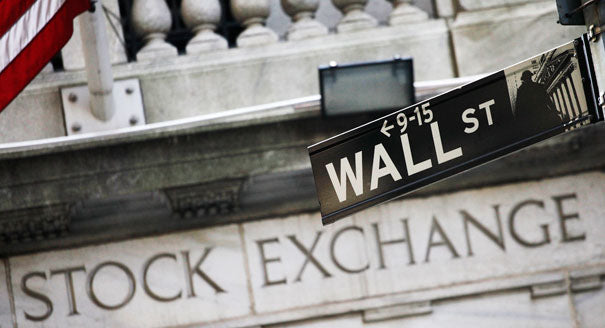

Cedric Durand's Fictitious Capital offers a lucid analysis of the growth of finance and its significance for capitalism. In this essay, originally published by Open Democracy, Durand surveys the current state of the global financial system.


It has become popular today to say that we live in an era of what Benjamin Barber has labelled "Jihad vs. McWorld." The globalising powers of capitalism ("McWorld") are confronted with or resisted by the forces that Barber labels "Jihad" — the variety of tribal particularisms and "narrowly conceived faiths" opposed to the homogenising force of capital. Even those with a critical view of the growth of American empire and the expansion of what is erroneously termed the global market usually subscribe to this interpretation. In fact it is the critics who often argue that we need a better understanding of these local forms of resistance against the "universal" force of the market.
The terms of this debate are quite misleading. We live in an age, to adapt Barber’s nomenclature, of "McJihad." It is an age in which the mechanisms of what we call capitalism appear to operate, in certain critical instances, only by adopting the social force and moral authority of conservative Islamic movements. It may be true that we need a better understanding of the local forces that oppose the globalisation of capital; but, more than this, we need a better understanding of the so-called global forces of capital.
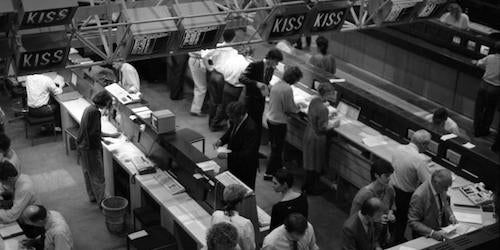

Capital could not just abolish the gains of the postwar period. It was necessary to preserve social peace. The "trick" in the 1970s consisted of using inflation to defuse the emerging conflict between labour and capital over redistribution. The money machine was used to compensate for the loss of income which resulted from the reduction in capital’s contribution to the welfare state… Evidently, that could not last. So from the late 1970s inflation was replaced with public debt, and states borrowed (rather than tax) in order to be able to keep up the level of services. Then, in the 1990s, when states began to worry about the growing weight of debt servicing as part of their budgets, and reduced their spending (and thus social services) we took recourse to private debt. In other words, we made it easier than ever for households to take on debt so that they could preserve their purchasing power, which was being cut back by these budget consolidation measures. And that led us to the 2008 catastrophe.
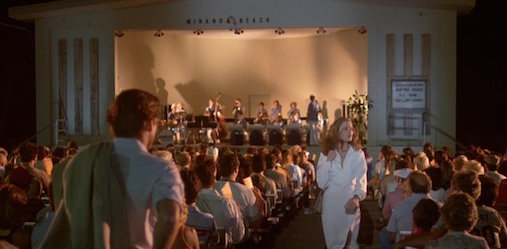

The capture of the postmodern by Jameson has set the terms of subsequent debate. It is no surprise that the most significant interventions since his entry into the field have likewise been Marxist in origin. The three leading contributions can be read as attempts to supplement or correct, each in its own way, Jameson's original account. Alex Callinicos’s Against Postmodernism (1989) advances a closer analysis of the political background to the postmodern. David Harvey's Condition of Postmodernity (1990) offers a much fuller theory of its economic presuppositions. Terry Eagleton's Illusions of Postmodernism (1996) tackles the impact of its ideological diffusion. All these works pose problems of demarcation. How is the postmodern to be best periodized?


